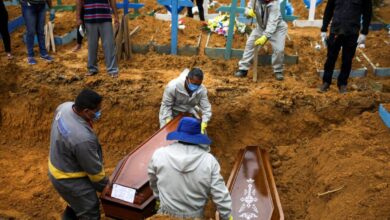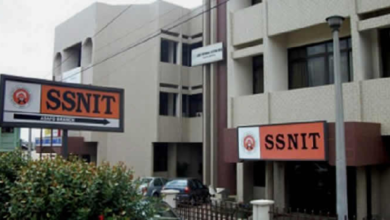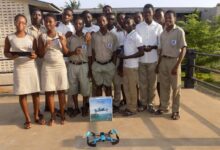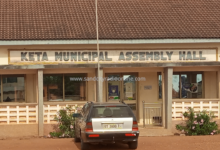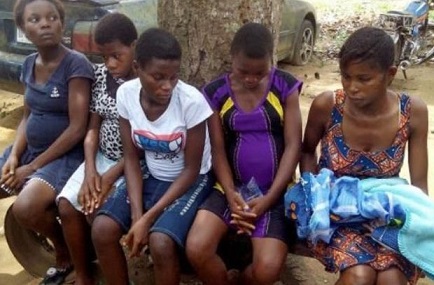
13 teenage pregnancies recorded every one hour, 110k recorded in Ghana in 2020 – GHS statistics
Teenage pregnancy remains a big challenge in Ghana and data from the annual Ghana Health Service (GHS) statistics on this is very alarming.
This data shows that in 2020 nearly 301 girls are impregnated every day in Ghana while 13 teenage pregnancies recorded every one hour.
According to the GHS, Ghana recorded a total of 109888 teen pregnancies with the lowest girls to be put in the family way being ten-year-olds.
Per the data, girls between the ages of 10 and 14 years account for 2,865 pregnancies recorded in 2020 whiles another 107,023 girls between the ages of 15-19 were impregnated within the same year.


A greater number of these avoidable pregnancies could be attributed to older men.
The Ashanti region topped the league table with a total of 17,802 teenage pregnancies followed by Easter (10865), Central (10301), Northern (9249) and Greater Accra regions 9018).
The Ahafo and Savannah Regions recorded the lowest of 2652 and 35516 respectively which are still high numbers in a single year of Covid-19.
Parental control and responsibility, sex education among others remain low across the country. The curiosity of teenagers and boys to try things out, the sexually active nature of today’s youth, and they lack of counselling among others further contribute to the high numbers.
The government’s effort towards dealing with the annual high teenage pregnancy seems not to be working.
The Human Rights Reporters Ghana, in 2018-2019 commenced an important campaign to enlighten and educate teenagers on teenage pregnancy, drug abuse and kidnapping.
The lack of support from government institutions, and other stakeholders hindered the full implementation of the project.
Today, the NGO continues to receive global recognition for its contribution to dealing with this social menace that confronts the safety and healthy existence of teenagers and the youth.
Government and other stakeholders must collaborate with the Human Rights Reporters Ghana (HRRG) and other stakeholders to help educate the youth and teenagers for that matter if we are to win this battle.
Source:Ghana Education.org
